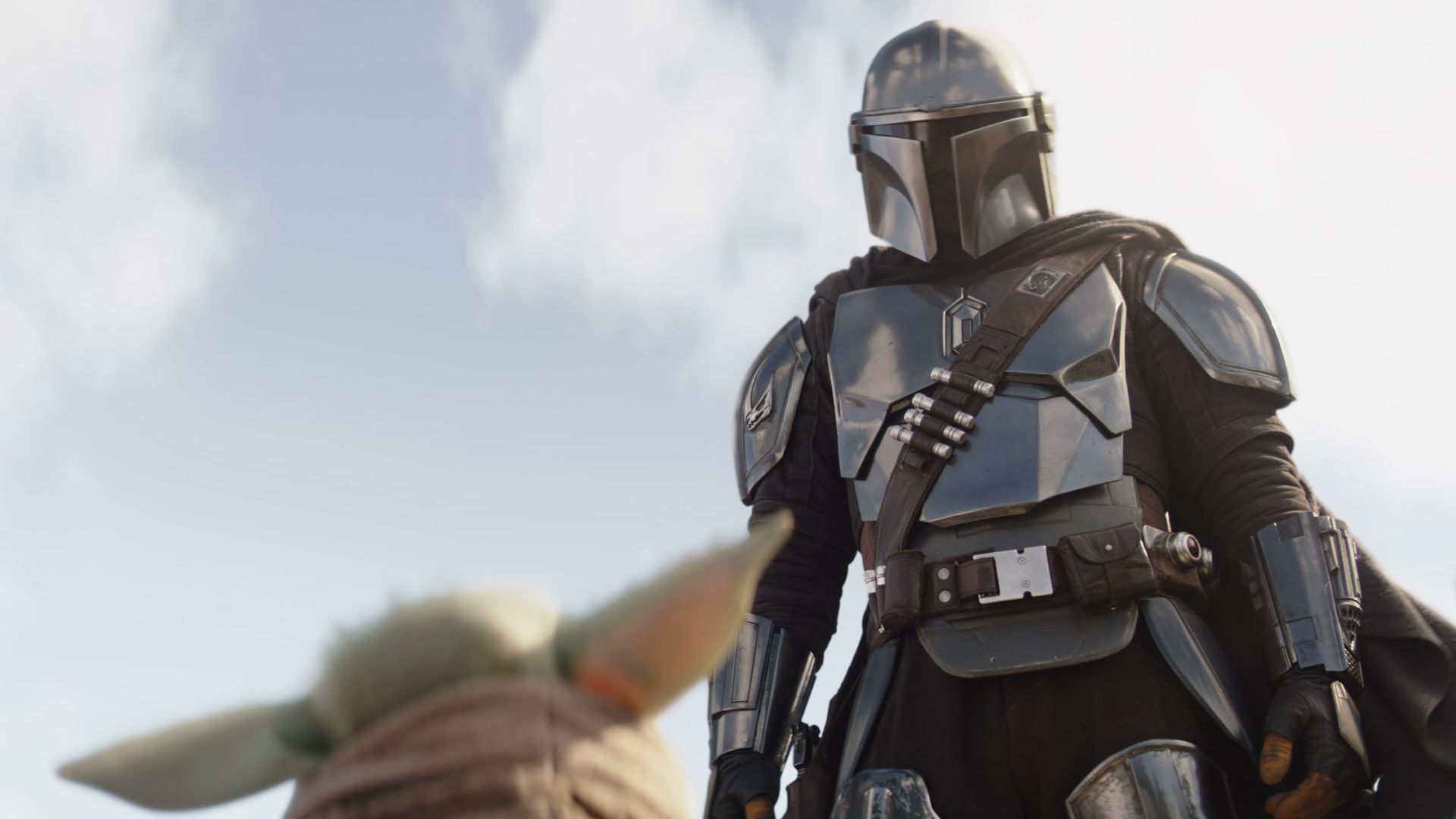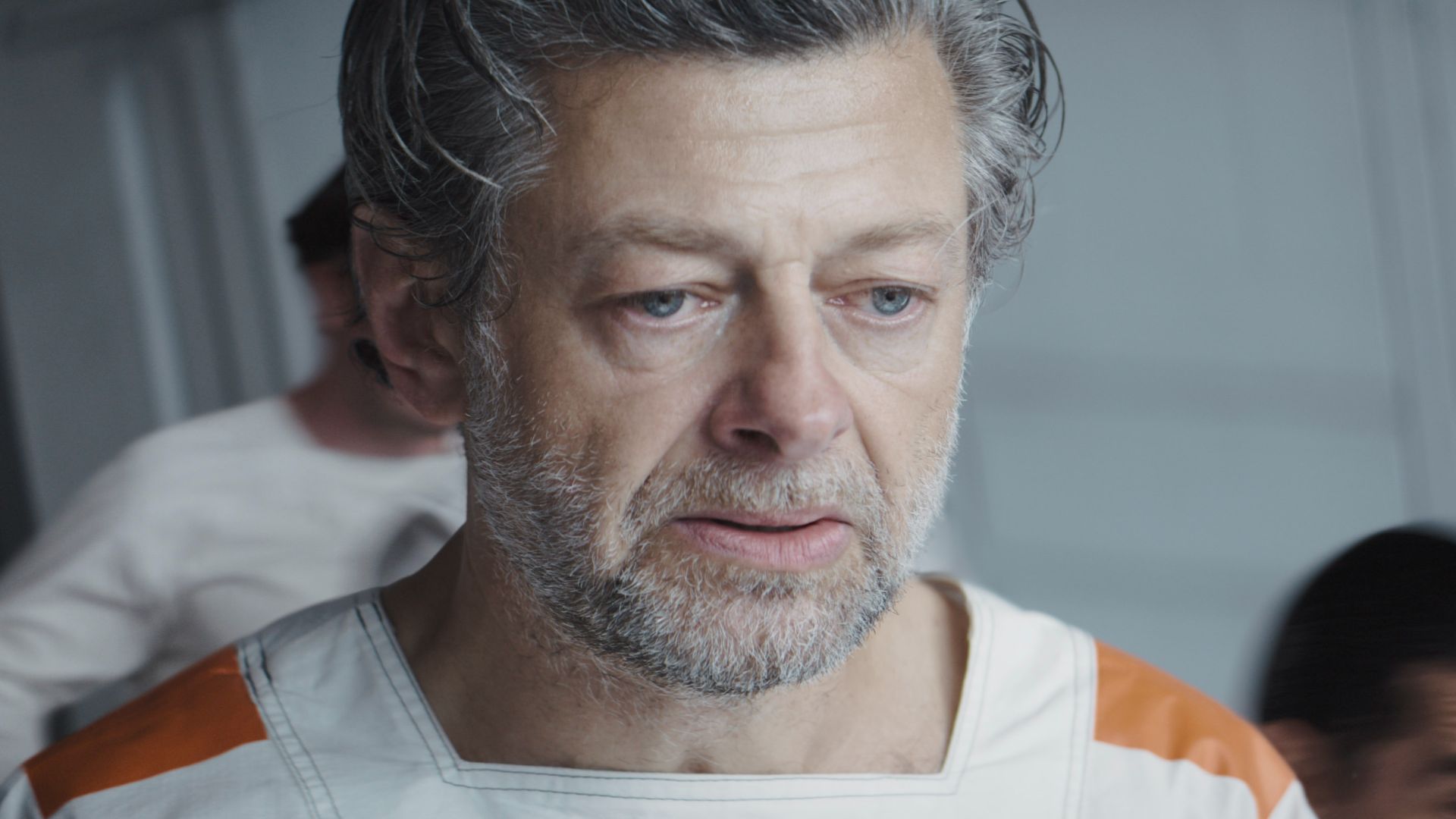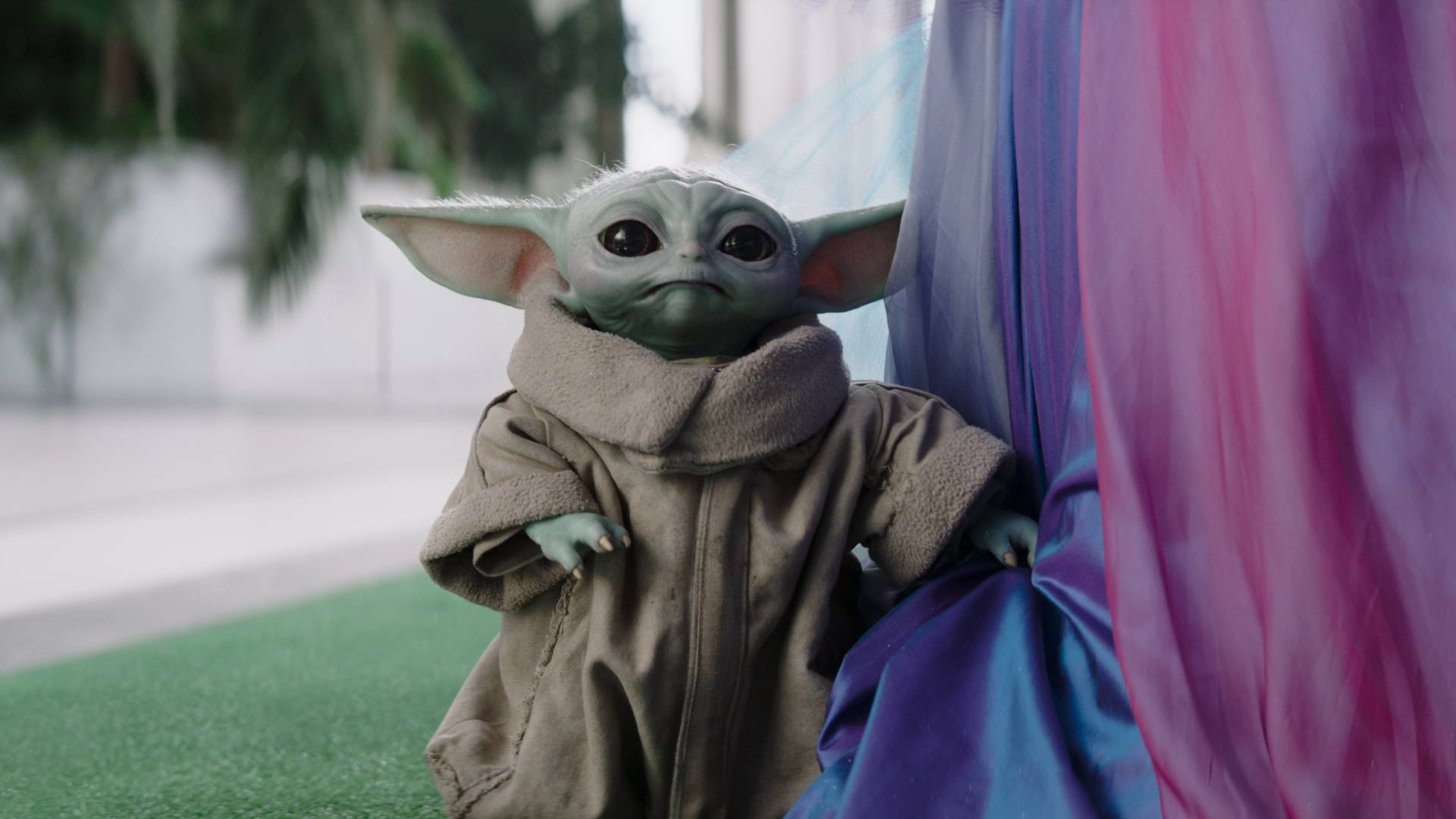
Everything in Star Wars revolves around one event: the Battle of Yavin. ‘BBY/ABY’ is the in-universe calendar marker for everything that happened before and after the Death Star was blown up in A New Hope.
A similar case could be made for Andor, a gritty political thriller that serves not only as a prequel to Rogue One, but also as the biggest paradigm shift for movies and shows in a galaxy far, far away since the 1977 original. So much so, that everything that’s come after Andor is now being met with sky-high expectations in terms of both quality and a more mature tone that, realistically, can never be met.
That backlash can be seen most clearly in the reaction to The Mandalorian season 3. While the season, more broadly, hasn’t hit the heights of its first two seasons, it has been released hot off the heels of Andor – and is suffering for it.
What was once a pretty straightforward and thrilling bounty hunter adventure now has impossible demands from fans. Look around on social media and you’ll see many are often left disappointed that Andor’s more nuanced morality and tighter dialogue hasn’t outright replaced Mando’s Western-influenced action and a revolving door of Jedi, Sith, and Force users.
The season 3 finale is the biggest victim to living in Andor’s shadow. Where some expected plot twists, subterfuge – the Armorer was largely thought to be an Imperial spy in the days leading up to release – and a meatier conclusion, what we got was fairly basic Hollywood fare. Good triumphed over evil, and very little of consequence happened.
Bo-Katan never had to wrestle with her one-track mind on retaking Mandalore, nor did Mando grapple with rejoining the Creed after spending seasons going back and forth on The Way. Unlike Andor, which was meticulously plotted, Mando feels – almost by design – to be forgotten about after viewing. In a normal world, that’s fine. In a post-Andor one, it sticks out badly.
That’s even bled into some of my own enjoyment of The Mandalorian. I know it isn’t Andor and, yet, there’s still a nagging doubt about how the show’s weaker points – the paper-thin plot and lack of narrative momentum – were all handled better in that magical 12-episode run that took us from a gripping heist on Aldhani to the suffocating prison arc on Narkina 5. It’s a good problem to have but one that, like with the eternal Star Wars: The Last Jedi debate, might be something that stains Star Wars discourse – and our enjoyment of some of these shows – for years to come.

The obsession with Andor does also speak to a deeper problem with fandoms, outlets – and everyone involved in pop culture debates: the perpetual desire to compare, contrast, and tear everything down. Look around and you’ll see every fantasy series with dragons is ‘the next Game of Thrones’ (spoiler: it’s not), or how every new franchise release is the best/worst to date. In some extreme cases, shows and movies are reduced to their Rotten Tomatoes scores in place of any real meaningful discourse.
In this instance, Andor is now automatically A-1 for Star Wars – and everything else is ‘worse’ (i.e. bad) than the Rogue One spin-off. It’s an unhealthy way of looking at things, especially when The Mandalorian is the equivalent of a sugar-rush Saturday morning cartoon and Andor, simply put, is asking bigger questions about politics and power. You wouldn’t compare Better Call Saul to She-Hulk, and it feels equally redundant to do it here to Mando.
That’s not to say there are no lessons to be taken from Andor. Far from it. It proves the merits of an auteur-driven approach to Star Wars, one where a lead creative mind takes the reins and isn’t beholden to Lucasfilm Story Groups, setting up sequels, or fan service.
The problem is, though, Andor can’t be a one-off. A cursory glance at the upcoming slate of projects suggests that Star Wars is at least mixing things up a bit. Ahsoka will continue a Force-heavy story kicked off in The Clone Wars and Dave Filoni’s “cinematic event” brings the Star Wars Disney Plus shows together. Each will likely provide enough thrills for those looking for classic good-versus-evil fare.

Outside of that, things are turning a corner and getting more experimental. The Acolyte is mining a new on-screen era with The High Republic that’s intriguingly being described as a “mystery-thriller”; Skeleton Crew feels like the sort of Stranger Things-style adventure that will appear to all ages, and Rey’s 15-years-later story offers a do-over to one of the biggest flat notes in the Skywalker Saga. When James Mangold directing a movie about the first Jedi barely causes a disturbance in the force during Star Wars Celebration’s weekend of reveals, then you know there’s plenty of variety there.
Do we want more shows like Andor? In a perfect world, absolutely. Sometimes, however, the perfect storm whips up something incredible that won’t be replicated. Batman has The Dark Knight, James Bond has Casino Royale, and Star Wars now has Andor. It’s a waste of energy to hope that everything that follows it lives up to the work laid down by Tony Gilroy and his talented cast and crew.
Whatever comes next, Andor shouldn’t be held up as a benchmark. Instead, it should welcome in a new era of Star Wars – one with enough malleability and flexibility for more measured intriguing character pieces to exist alongside the spectacle of colorful creations like The Mandalorian and the sequel trilogy.
For more on all things a galaxy far, far away, check out our guide to upcoming Star Wars movies and shows, plus our essential list of The Clone Wars episodes to watch before Ahsoka.







